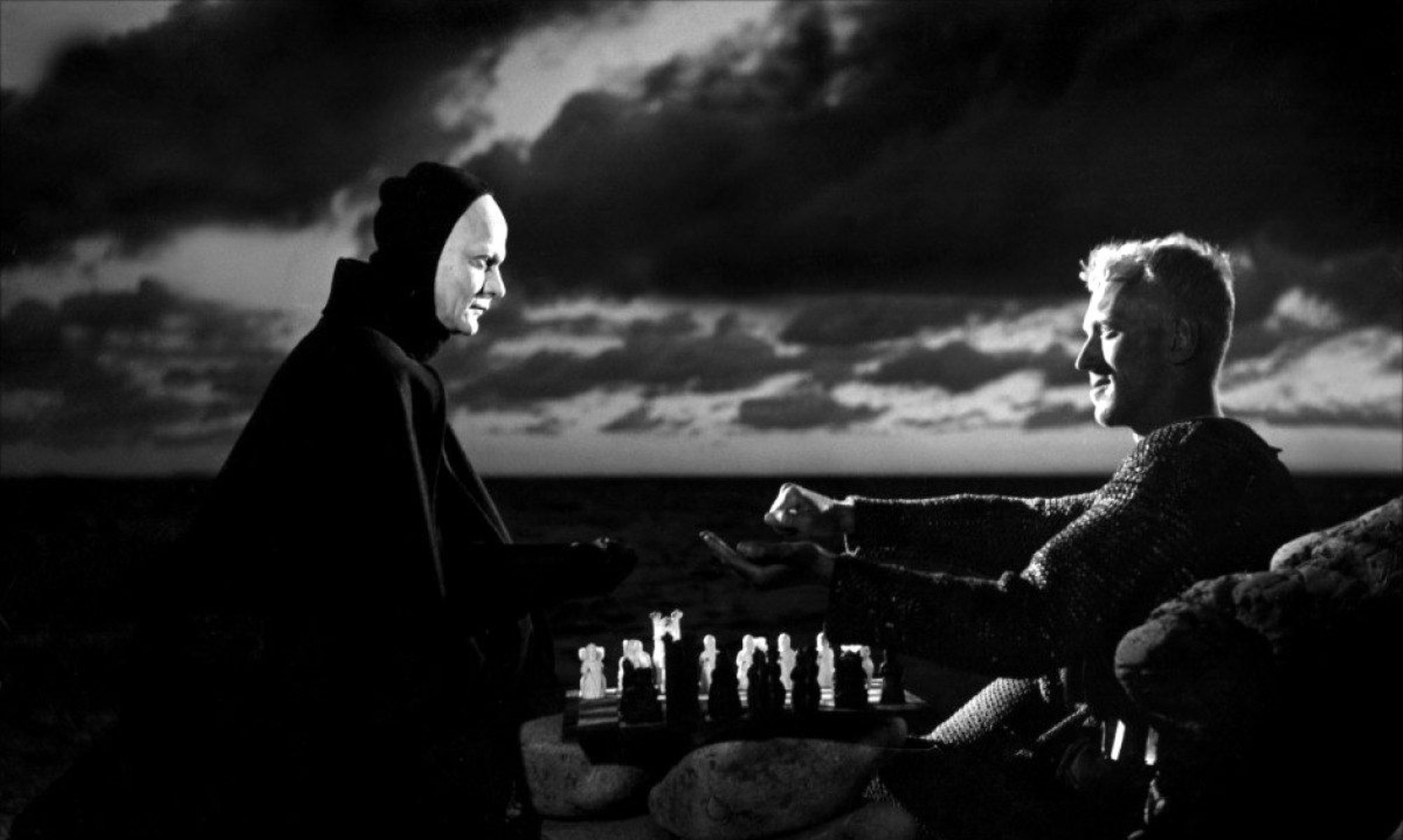Spurious Games is a witty, at times quirky, novel of ideas in the form of a murder mystery. The plot is complex, with strikingly individual protagonists and a number of false leads, exacerbated by an arrogant criminal mastermind calling himself ‘the Turk’ bent on taunting the detectives with enigmatic chess-related clues. It is set in a number of recognisable Cornish locations, with side excursions into darkest West Wales and the ICA’s ‘Cybernetic Serendipity 2’ exhibition in London.
It is an extended riff on the themes of plagiarism, identity and authenticity cast as a detective novel dealing with how the St Borstal police with outside help from a Welsh professor of plagiarism struggle to apprehend a serial killer who is running amok in the contemplative cloistered world of Cornish club chess. In a style that is wry, playful and allusive, the novel ranges widely across pop culture, magic shows and fortune telling, machine intelligence, cyber espionage, pro-sex feminism, doppelgangers, the inanities of New Age spirituality, and whether the game of chess constitutes a mental health hazard.
Although Spurious Games is strikingly original, there are number of unsurprising echoes given the frequent use of chess as metaphor or plot device in literary crime fiction. Despite deep familiarity with the sixty-four squares of the chessboard not being a prerequisite to its enjoyment, its trailblazers in the literary crime novel with a chess theme have included Ronan Bennett’s Zugzwang and Arturo Perez-Reverte’s The Flanders Panel. But it is the satirical edge that Spurious Games brings to the genre that can be considered its distinguishing feature.
The novel also shares thematic territory with Alison Lurie’s comic masterpiece Imaginary Friends in which a new age cult is ruthlessly skewered. In Spurious Games, characters affiliated to the ‘Earth Campus’ of the University of Melchizedek feature satirically as both objects of derision and potential killers. In some respects the novel follows the filmic tradition of Andrew Sujalski’s acutely observed ‘mockumentary’ Computer Chess, which is as much about the 1980s encounter groups and middle-aged swingers who share the seedy hotel as with the computer nerds assembled there for their man/machine contest. In Spurious Games the ‘side shows’ are important: academic connivance with plagiarism, radical feminism and apocalyptic fatalism: all are treated with equal ironic irreverence. If there is a single underlying theme it is not chess but authenticity.
The literary sensibilities to which Spurious Games aspires include those demonstrated by Paul Theroux in Millroy the Magician, Michael Frayn in Headlong, Umberto Eco in The Name of the Rose and Stephen Moss’s mordant account of the contemporary chess scene in The Rookie.

